The software development is an ever-evolving and increasingly competitive field. To stand out in the market, it’s necessary to create high-quality software with fast and secure delivery. That’s where DevOps comes into play, bringing a series of benefits to this process, as the use of DevOps in software development can be highly advantageous.
By implementing DevOps, development and operations teams can work together to automate processes, speed up software delivery, and improve the quality of the final product. In this text, we will explore in detail the main benefits of using DevOps in software development and how this methodology can be applied in companies of all sizes and sectors.
What is DevOps?
DevOps is an approach to software development that seeks to integrate development and operations teams in order to accelerate the software delivery process, improve product quality, and increase overall business efficiency.
The term “DevOps” is a combination of the words “development” and “operations.” The idea behind this approach is that by integrating development and operations teams, it is possible to improve collaboration, communication, and process automation. This allows software development to be more agile and efficient, with a shorter cycle time and faster delivery.
The main goal of DevOps is to increase the efficiency and effectiveness of software delivery. This is achieved through process automation, reducing human errors, improving software quality, and reducing cycle time. Additionally, DevOps also helps teams work more collaboratively, reducing the waiting time between development and operations, which can lead to communication and coordination problems.
What are the main practices of DevOps?
DevOps consists of three main areas: continuous integration, continuous delivery, and continuous monitoring. Each of these areas plays a fundamental role in the software development process and works together to create an agile and collaborative environment.
Continuous Integration
Continuous integration is the first main area of DevOps. It involves the frequent integration of code from multiple developers into a single centralized repository. Continuous integration requires the implementation of agile development practices, such as version control and automated testing. This way, the development team can identify integration issues earlier and fix them quickly, avoiding delays in software delivery.
Continuous Delivery
Continuous delivery is the second main area of DevOps. It involves the frequent delivery of software in small iterative updates instead of large releases. Continuous delivery requires the automation of the entire delivery process, from building the software to deploying it in a production environment. This allows development and operations teams to work together to deliver software at a faster pace without compromising quality.
Continuous Monitoring
Continuous monitoring is the third main area of DevOps. It involves monitoring the performance of the software in real-time, from the development environment to the production environment. Continuous monitoring allows development and operations teams to identify software issues before they become critical and affect end-users. This includes monitoring logs, performance monitoring, and security monitoring.
What are the benefits of DevOps in software development?
The use of DevOps in software development has become increasingly popular in recent years. As we have seen before, this approach aims to integrate development and operations teams in order to accelerate the software delivery process, improve product quality, and increase overall business efficiency. Let’s explore the main benefits of using DevOps in software development:
Increased efficiency in software delivery
One of the main advantages of using DevOps is increased efficiency in software delivery. With continuous integration and continuous delivery, development and operations teams can work together to accelerate the software delivery process. In essence, this means that new features and updates can be delivered to users more quickly, which can lead to greater customer satisfaction.
Improved software quality
Another important benefit of using DevOps is improved software quality. With process automation, development teams can identify and fix issues more quickly and efficiently. Additionally, continuous integration allows development teams to test code more frequently, reducing the likelihood of errors and issues in the future.Outro
Enhanced collaboration between teams
DevOps also helps improve collaboration between development and operations teams. By working together in an integrated environment, teams can share knowledge and expertise, which can lead to more creative and efficient solutions. Additionally, the use of communication and collaboration tools can help improve communication and reduce conflicts between teams.
Cost reduction
The use of DevOps can also help reduce software development costs. With process automation, development teams can save time and resources, which can lead to greater efficiency and cost savings. Additionally, faster software delivery can lead to quicker return on investment and increased profitability for the company.
Improved software security
Lastly, the use of DevOps can also help improve software security. With continuous integration and continuous delivery, development teams can identify and fix security vulnerabilities more quickly and efficiently. Additionally, the use of automation tools can help reduce security risks, ensuring that updates and fixes are implemented consistently and securely.
What are the major challenges of developing a mobile application for multiple platforms?
While DevOps is widely recognized as an effective approach to software development, adopting DevOps also presents significant challenges. Implementing DevOps requires changes in company culture, software development practices, and technology tools used. Some of the main challenges companies face when adopting DevOps in software development are as follows:
Cultural Change
Indeed, one of the greatest challenges in adopting DevOps is the necessary cultural change. Development and operations teams often have different ways of thinking and working, which can lead to conflicts and misunderstandings. In short, adopting DevOps requires teams to work together and collaborate in an integrated environment, which can be difficult to implement in a company that does not yet have a collaborative culture.
Tool Integration
Another challenge in adopting DevOps is tool integration. DevOps requires the use of a variety of technology tools, such as automation tools, configuration management, monitoring, and data analytics. Integrating these tools can be complex and requires specialized knowledge. Additionally, it is important to ensure that the chosen tools are compatible with each other and work well together.
Software Development Lifecycle
Adopting DevOps may also require significant changes in the software development lifecycle. DevOps requires an iterative and incremental approach to software development, with frequent delivery of small updates instead of large releases. This can be challenging to implement in companies that are accustomed to a more traditional development lifecycle.
Code Quality
DevOps requires a high level of code quality. Continuous integration and continuous delivery mean that the code must be tested and validated frequently. This can be a challenge for companies that do not yet have a culture of code quality or do not have the necessary tools to test and validate code frequently.
Change Management
Another challenge in adopting DevOps is change management. DevOps requires frequent delivery of updates and new features, which can lead to frequent changes in the software. It is important to have a well-defined change management process to ensure that changes are implemented safely and effectively.
Count on Monitora!
In summary, DevOps is a fundamental methodology for companies seeking to develop high-quality software in an agile and efficient manner. By implementing DevOps practices, development and operations teams can collaborate more effectively, automate processes, and accelerate software delivery with greater security and stability.
If you are looking for efficient and innovative digital solutions for your company, Monitora can help!
We are a digital solutions company that is part of the Marlabs group and we have an international impact.
Consult one of our specialists and understand how we can help you evolve your processes!
*Text automatically translated from Portuguese to English.



